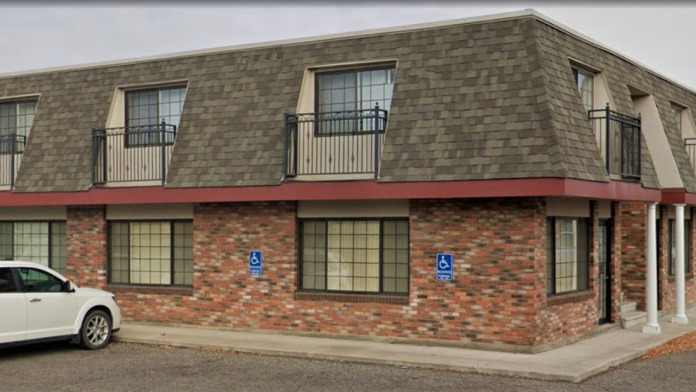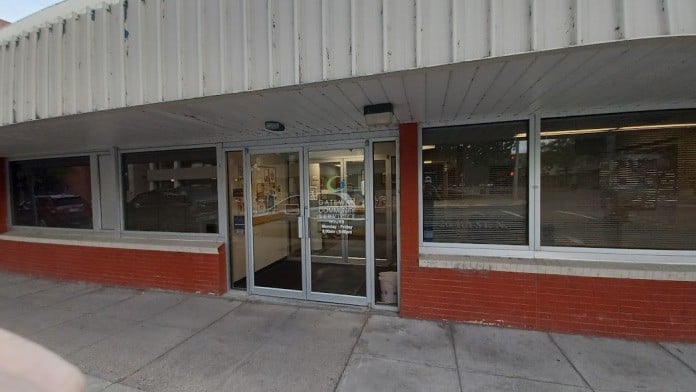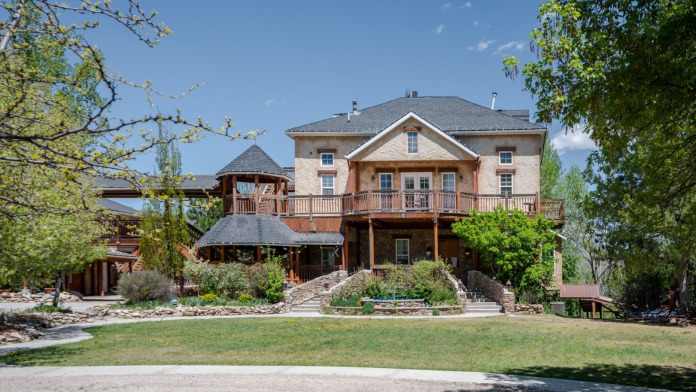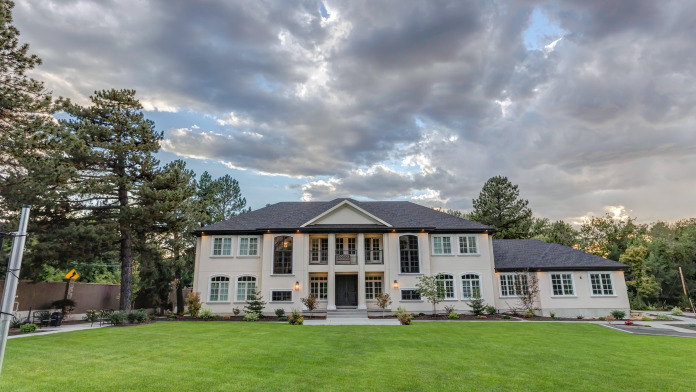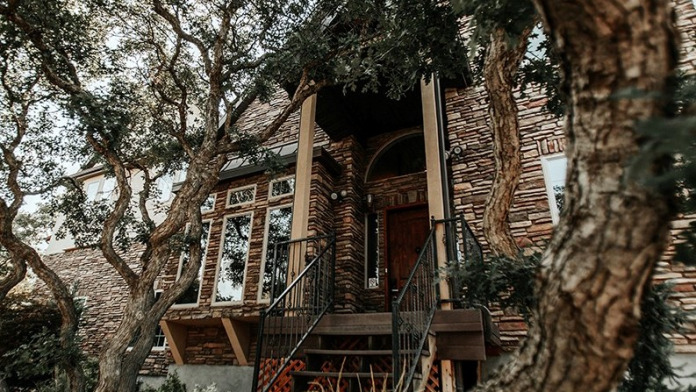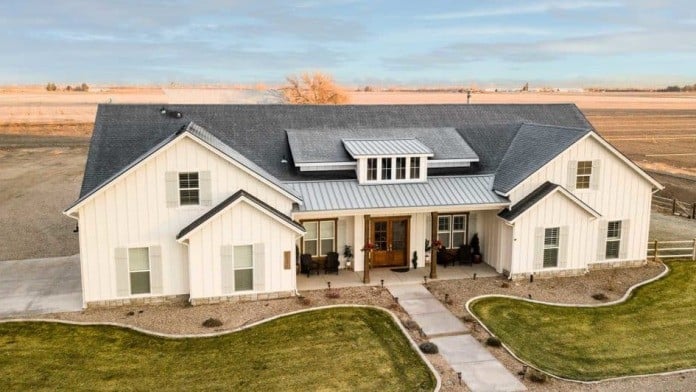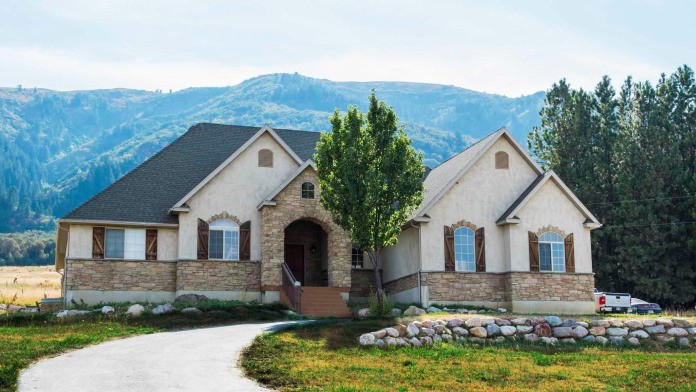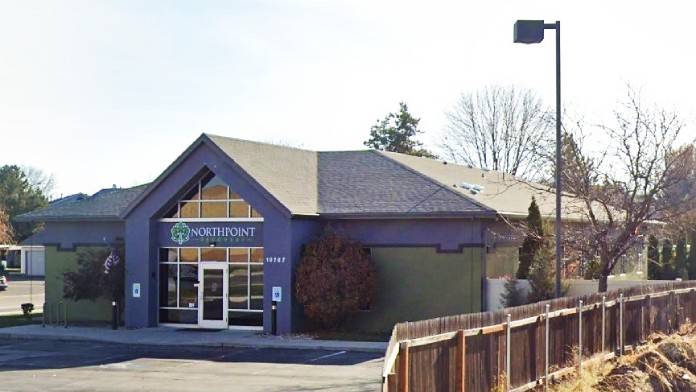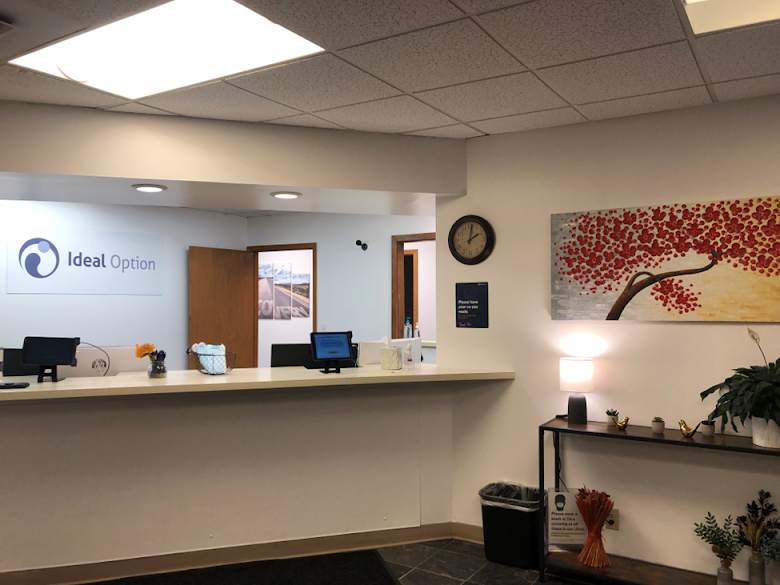This place saved my life the whole staff is amazing. they truly care about each and every one of there patients.
About Rocky Mountain Treatment Center
What stood out to me about their services is, no matter where you live in the state of Montana, they will pick you up and transport you to the center. They provide this service at no additional cost. I also like that 90% of their staff are also in recovery. Because they have once stood in your shoes they are able to provide you with acceptance, love and empathy. You will be able to smoke in designated areas at this facility.
You will spend 30 days in their intensive inpatient treatment. If insurance allows, you can extend your stay. Their medical assisted detox provides round the clock clinical support. Once you have completed the inpatient program you’ll be able to attend their partial hospitalization program (PHP). You’ll attend treatment six days per week for six hour sessions.
Among their holistic therapies, they offer equine assisted therapy. This interaction with horses can help get to the root of what feeds your addiction. Since the horses provide a judgement free environment, you’ll be able to build up your confidence by being honest, which provides growth. The horses will be able to feel if you are being honest, therefore, this form of therapy will force you to be honest and unmask how you are truly feeling.
To help you enjoy physical activities they also provide recreational therapy. With recreational therapy you will learn to accomplish goals, manage situations and resolve problems without the need to abuse substances. You will also have the option to add spiritual therapy to your treatment program.
Latest Reviews
Rehab Score
Gallery
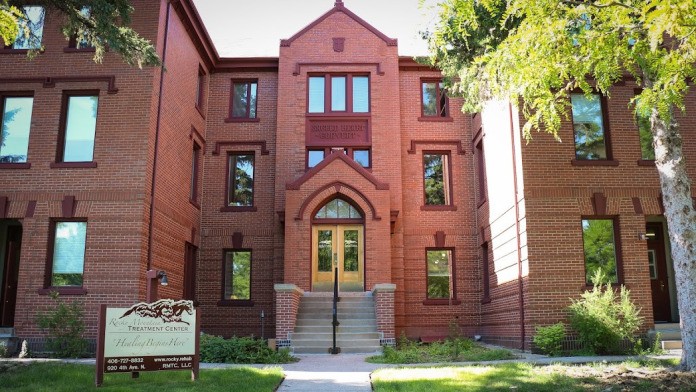
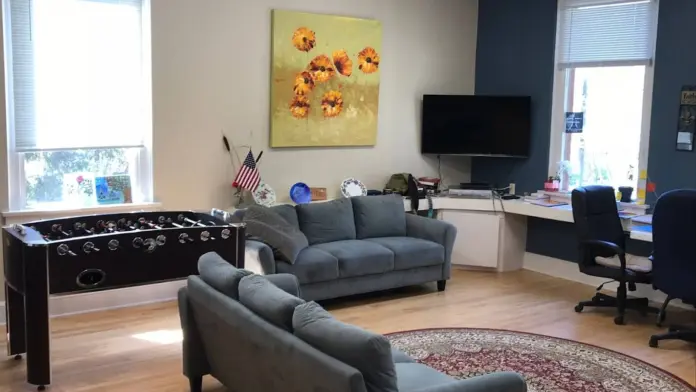
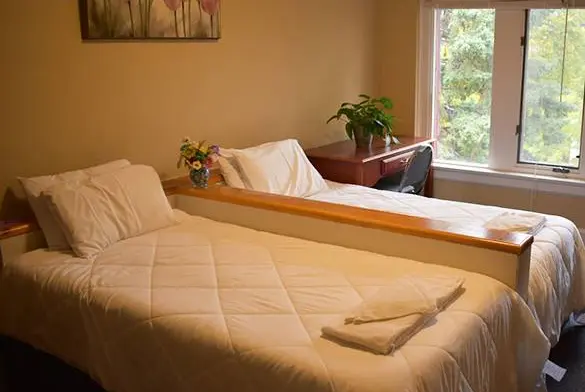
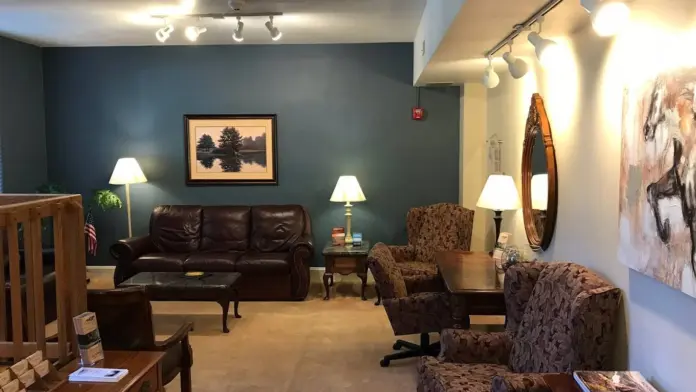
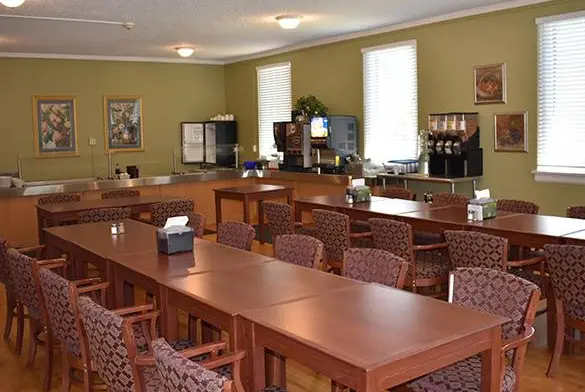
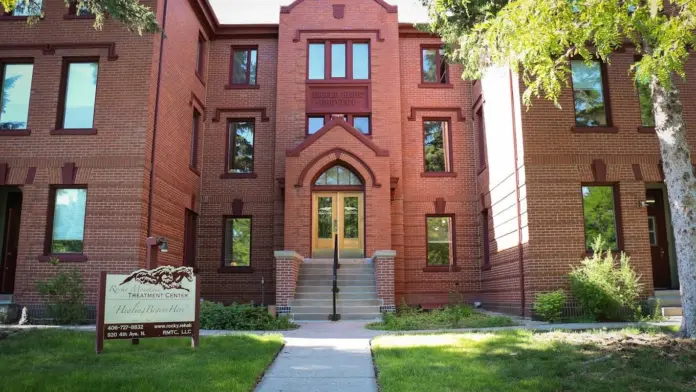



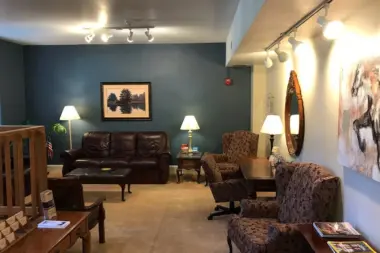

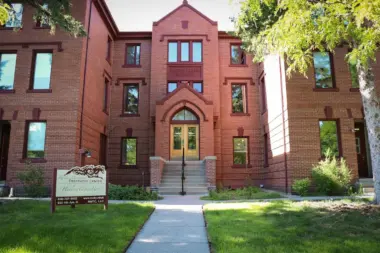
Accepted Insurance




Other Forms of Payment
Private insurance refers to any kind of healthcare coverage that isn't from the state or federal government. This includes individual and family plans offered by an employer or purchased from the Insurance Marketplace. Every plan will have different requirements and out of pocket costs so be sure to get the full details before you start treatment.
Self-pay involves paying for treatment out of your own pocket. You can use savings or credit, get a personal loan, or receive help from family and friends to fund your treatment. If you don't have insurance or your insurance plan doesn't cover a specific program, self-pay can help ensure you still get the care you need.
Financial aid can take many forms. Centers may have grants or scholarships available to clients who meet eligibility requirements. Programs that receive SAMHSA grants may have financial aid available for those who need treatment as well. Grants and scholarships can help you pai for treatment without having to repay.
Addiction Treatments
Levels of Care
Residential treatment programs are those that offer housing and meals in addition to substance abuse treatment. Rehab facilities that offer residential treatment allow patients to focus solely on recovery, in an environment totally separate from their lives. Some rehab centers specialize in short-term residential treatment (a few days to a week or two), while others solely provide treatment on a long-term basis (several weeks to months). Some offer both, and tailor treatment to the patient's individual requirements.
12-step programs are addiction recovery models based on Alcoholics Anonymous (AA). A number of substance abuse programs (including some drug and alcohol rehab centers) use the 12 steps as a basis for treatment. Beginning steps involve admitting powerlessness over the addiction and creating a spiritual basis for recovery. Middle steps including making direct amends to those who've been hurt by the addiction, and the final step is to assist others in addiction recovery in the same way. 12-Step offshoots including Narcotics Anonymous (NA), Cocaine Anonymous (CA), Dual Recovery Anonymous (DRA), Sex and Love Addicts Anonymous (SLAA) and Gamblers Anonymous (GA).
Often referred to as "day treatment," a partial hospitalization program (PHP) provides structured therapy and support while allowing you to return home each day. PHP treatment is often used as a short-term alternative to inpatient hospitalization or a step-down option after a residential program. With a minimum commitment of 20 hours per week for an average of 90 days, PHP treatment often provides relapse prevention, medication management, and behavioral therapy services. Most providers offer coverage for PHP treatment.
At certain points in the recovery process, it's important to have support available 24/7. 24-hour clinical care offers a safe environment in which to recover from drug or alcohol addiction in peace, knowing medical detox and other treatment will happen with professionals on hand.
Drug and Alcohol Detoxification is an essential first step toward successful addiction recovery. Ensuring the safest and most comfortable process; it is recommended for detox to take place in an inpatient facility with trained professional addiction specialists. Rocky Mountain Treatment Center is a medically monitored detox center. Medically monitored detoxification from substance is recommended to minimize the dangers presented by withdrawal syndrome.
Many people would like to believe that completing an addiction treatment program is the cure for their addiction. Aftercare is vital to staying substance free. After completion of the substance abuse treatment, life can be challenging, and relapse is a potential. Fortunately, Rocky Mountain Treatment Center offers an individualized continuing aftercare plan, before leaving the facility. The plan includes outpatient follow-ups with a provider within their community. Rocky Mountain Treatment Center provides weekly counseling sessions to all clients who have successfully completed our treatment program at no cost. Their goal is to promote success and recovery.
Treatments
The goal of treatment for alcoholism is abstinence. Those with poor social support, poor motivation, or psychiatric disorders tend to relapse within a few years of treatment. For these people, success is measured by longer periods of abstinence, reduced use of alcohol, better health, and improved social functioning. Recovery and Maintenance are usually based on 12 step programs and AA meetings.
A comprehensive drug rehab in Montana treats the entire person. Treatment methods address all the underlying causes of addiction and give the individual the tools they need to live a healthy, drug-free life.
Many of those suffering from addiction also suffer from mental or emotional illnesses like schizophrenia, bipolar disorder, depression, or anxiety disorders. Rehab and other substance abuse facilities treating those with a dual diagnosis or co-occurring disorder administer psychiatric treatment to address the person's mental health issue in addition to drug and alcohol rehabilitation.
A combined mental health and substance abuse rehab has the staff and resources available to handle individuals with both mental health and substance abuse issues. It can be challenging to determine where a specific symptom stems from (a mental health issue or an issue related to substance abuse), so mental health and substance abuse professionals are helpful in detangling symptoms and keeping treatment on track.
Opioid rehabs specialize in supporting those recovering from opioid addiction. They treat those suffering from addiction to illegal opioids like heroin, as well as prescription drugs like oxycodone. These centers typically combine both physical as well as mental and emotional support to help stop addiction. Physical support often includes medical detox and subsequent medical support (including medication), and mental support includes in-depth therapy to address the underlying causes of addiction.
Programs
Adult rehab programs include therapies tailored to each client's specific needs, goals, and recovery progress. They are tailored to the specific challenges adult clients may face, including family and work pressures and commitments. From inpatient and residential treatment to various levels of outpatient services, there are many options available. Some facilities also help adults work through co-occurring conditions, like anxiety, that can accompany addiction.
Young adulthood can be an exciting, yet difficult, time of transition. Individuals in their late teens to mid-20s face unique stressors related to school, jobs, families, and social circles, which can lead to a rise in substance use. Rehab centers with dedicated young adult programs will include activities and amenities that cater to this age group, with an emphasis on specialized counseling, peer socialization, and ongoing aftercare.
Clinical Services
Equine Therapy is a holistic approach to substance abuse treatment that focuses on getting to the root of what feeds the addiction while working with horses. It is normal for people struggling with addiction to blame others for their problems. This applies in particular to traditional therapy settings. However, Equine Therapy forces the individual to express their difficulties in an emotional and physical approach.
The Family Individual Counseling unites families with their loved ones in an individual combined therapy session. In addition to family drug and alcohol counseling, Rocky Mountain Treatment Center incorporates family input in aftercare planning (as per authorization granted by each client) with the client’s loved ones.
In individual therapy, a patient meets one-on-one with a trained psychologist or counselor. Therapy is a pivotal part of effective substance abuse treatment, as it often covers root causes of addiction, including challenges faced by the patient in their social, family, and work/school life.
Group therapy is any therapeutic work that happens in a group (not one-on-one). There are a number of different group therapy modalities, including support groups, experiential therapy, psycho-education, and more. Group therapy involves treatment as well as processing interaction between group members.
During addiction treatment, recreational therapy gives you a structured approach using activities like creative writing, hiking, outdoor adventures, and team sports. The activities improve your physical health and provide you with an emotional outlet to express your feelings and reduce your stress level. These are crucial components to maintaining a sober lifestyle.
Amenities
-
Private Setting
-
Hiking
Staff & Accreditations
Staff
Dr. Brice Addison, MD
Medical Director
John Johns
Clinical Director
Barry Blenis
Executive Staff
Accreditations

LegitScript has reviewed Rocky Mountain Treatment Center as part of their certification program, and has determined that it meets the LegitScript standards for legality, safety and transparency.
LegitScript verified in

The Joint Commission, formerly known as JCAHO, is a nonprofit organization that accredits rehab organizations and programs. Founded in 1951, the Joint Commision's mission is to improve the quality of patient care and demonstrating the quality of patient care.
Joint Commission Accreditation: Yes
Contact Information
920 4th Avenue North
Great Falls MT, 59401
